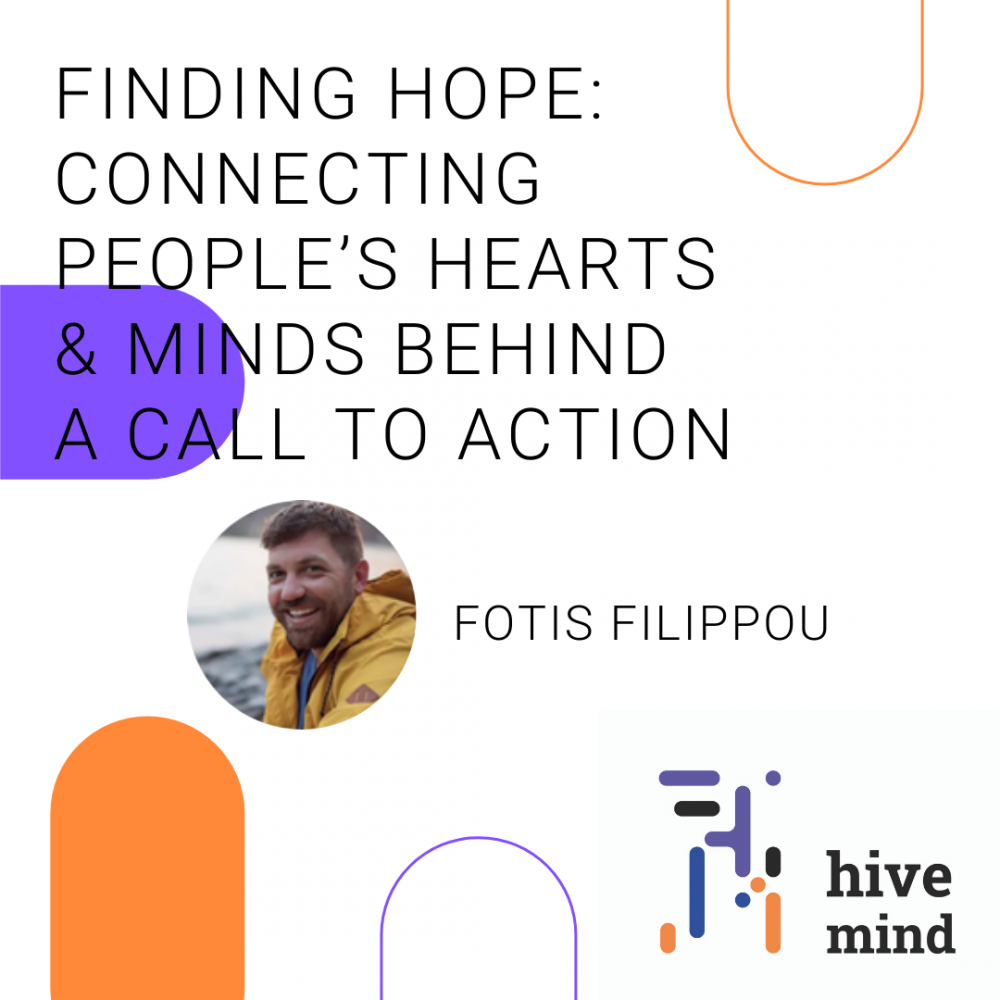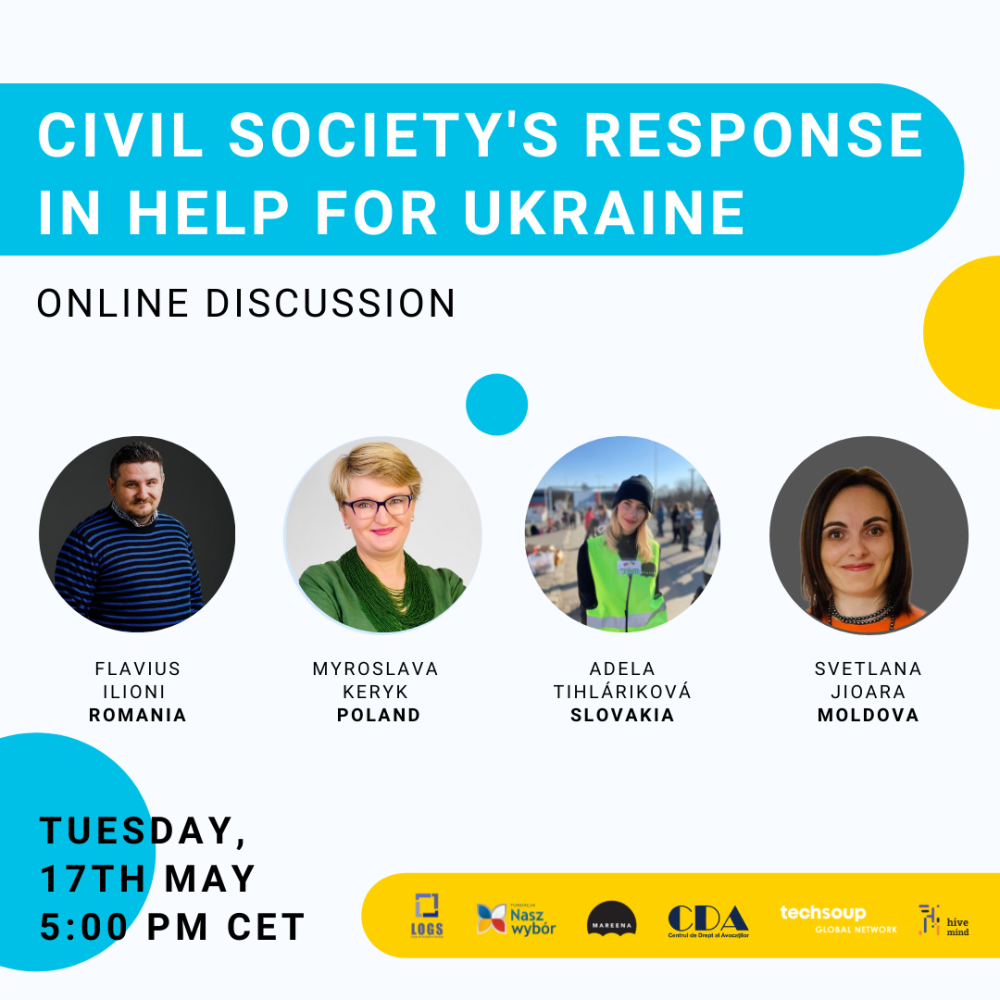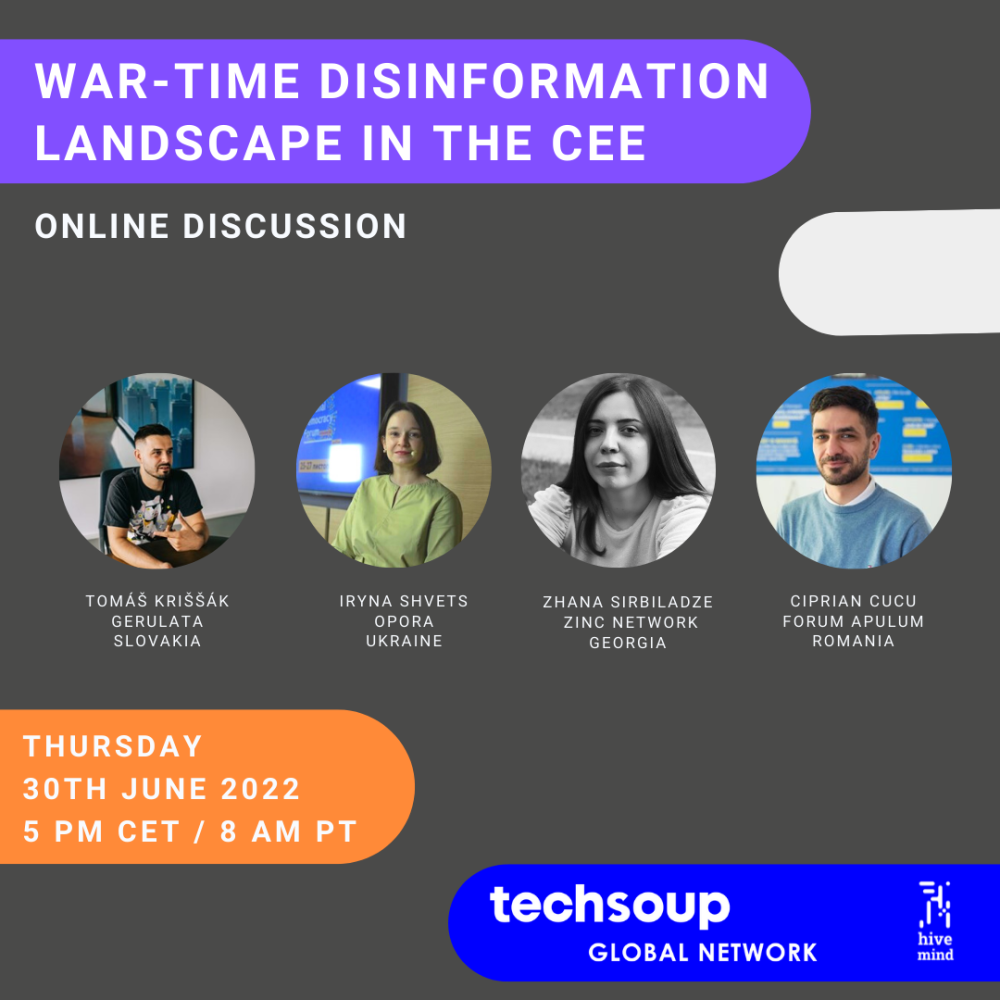Thinking about how we could be of help at this moment we’ve come up with an idea about a series of dedicated meetings. We can't predict how the situation will develop but we can try to support each other through it, to try to be stronger (or vulnerable if that's what we need) and more resilient in the face of the numerous challenges ahead.
So, what is the "Resiliency Kit" series about, exactly?
It's a series of short (max. 60 min long), online meetings with experts and activists, that are intended to help us be better prepared for the everyday challenges: professional or private ones.
Who is it for?
Everyone in need of a mental check-in with other Civil Society actors, activists, educators, and those interested in the exchange of views and experience in the context of a global crisis.
Why should I take part in it?
You'll get a restorative and helpful knowledge pill that will help you deal better with the current reality;
You'll see and hear how others are doing;
You’ll get inspiring ideas on how to further strengthen and develop your community.
What topic areas have we covered so far?
1. Finding Hope: Connecting People's Hearts & Minds Behind a Call to Action - 31 March 2022, 13:00-14:30 CET
 In times of profound crisis and despair, this closed-audience workshop session aimed at creating a space for participants to reflect on the relevance of narrative and storytelling for inspiring hope, community and care. Through interactive presentation, real-life examples and reflection, the session participants explored storytelling techniques that connect people’s hearts and minds behind a call to action. The session was led by Fotis Filippou - a campaign strategist, trainer and facilitator with over 15 years' experience using participatory approaches and tools to design and implement global, regional and national campaigns.
In times of profound crisis and despair, this closed-audience workshop session aimed at creating a space for participants to reflect on the relevance of narrative and storytelling for inspiring hope, community and care. Through interactive presentation, real-life examples and reflection, the session participants explored storytelling techniques that connect people’s hearts and minds behind a call to action. The session was led by Fotis Filippou - a campaign strategist, trainer and facilitator with over 15 years' experience using participatory approaches and tools to design and implement global, regional and national campaigns.
2. War and Kindness: CSOs Response in Help for Ukraine - 17 May 2022, 17:00-18:00 CET
 The war in Ukraine continues. We’ve been watching brave men and women fight for their country’s freedom and independence, while many others are organizing their lives after being forced to flee their country and settle abroad. The State’s support in helping the refugees is indispensable, but it has been the NGOs (and regular citizens) who have been carrying out much of the work up until now. To find out more about what is the situation right now in the countries neighboring Ukraine, what are the current challenges, but also what has worked when it comes to helping refugees settle in new realities, we met online with these amazing activists:
The war in Ukraine continues. We’ve been watching brave men and women fight for their country’s freedom and independence, while many others are organizing their lives after being forced to flee their country and settle abroad. The State’s support in helping the refugees is indispensable, but it has been the NGOs (and regular citizens) who have been carrying out much of the work up until now. To find out more about what is the situation right now in the countries neighboring Ukraine, what are the current challenges, but also what has worked when it comes to helping refugees settle in new realities, we met online with these amazing activists:
Myroslava Keryk - Ukrainka w Warszawie from Ukraiński Dom w Warszawie / Український дім у Варшаві, Fundacja "Nasz Wybór" / Фонд "Наш вибір" (Poland),
Flavius Ilioni Loga from LOGS Grup de Inițiative Sociale (Romania),
Adela Tihláriková from Mareena (Slovakia),
Svetlana Jioară from Centrul de Drept al Avocaţilor (Moldova).
You can watch the whole discussion here:
3. War-time Disinformation Landscape in Central-Eastern Europe - 30 June 2022, 17:00-18:00 CET
 It’s been more than 4 months since Russia escalated the war in Ukraine and we are most likely preparing for a long-term conflict with all its consequences.
It’s been more than 4 months since Russia escalated the war in Ukraine and we are most likely preparing for a long-term conflict with all its consequences.
On June 30th we met online with four experts in the field of countering disinformation and discussed the most imminent wartime media trends in Central-Eastern Europe and their potential ramifications.
We were joined by a panel of international experts and educators:
🔹 Tomas Krissak (Gerulata Technologies, Slovakia)
🔹 Iryna Shvets (Civil Network OPORA, Ukraine)
🔹 Ciprian Cucu (Forum Apulum, Romania)
🔹 Zhana Sirbiladze (Zinc Network, Georgia)
Here you can watch the whole discussion:
Stay tuned as the new instalments to our series are coming soon!
